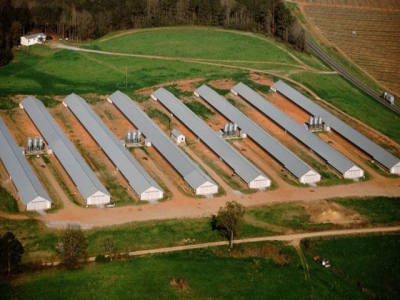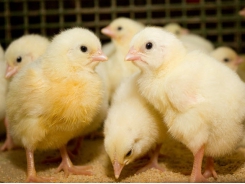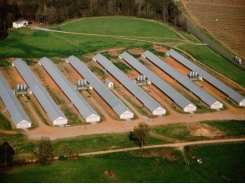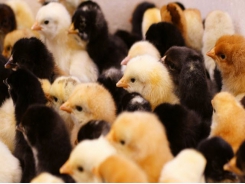Mobile system can inactivate avian influenza virus

Mobile trailer designs would allow companies or government organizations to design and build their own trailer systems that could react to avian influenza outbreaks quickly.
Researchers with the University of Iowa department of mechanical and industrial engineering developed a mobile system designed to heat poultry carcasses and manure to inactivate the avian influenza virus.
The U.S. Poultry & Egg Assn. (USPOULTRY) and the USPOULTRY Foundation announced the completion of the funded research project led by Dr. Albert Ratner at the University of Iowa. According to the announcement, this system could be utilized during an avian influenza outbreak to help eliminate the virus quickly from infected farms and better contain the spread of an outbreak.
In an associated research summary, Ratner said a significant issue for the poultry industry is the disposal of bird carcasses and manure when they are contaminated with avian influenza virus.
According to the "Highly Pathogenic Avian Influenza Response Plan" developed by the U.S. Department of Agriculture, Ratner said there is a clear need for better disposal technology, and one intriguing method may be to heat carcasses and manure in a mobile trailer to quickly react to outbreaks before they can spread.
The trailer would hold multiple gasifiers, which would be used to heat up the trailer. From there, a conveyor system would take the carcasses and manure through the trailer until the virus is destroyed, Ratner said. The gasifiers use a solid fuel like seed corn or woodchips to provide the energy at very low cost and produce an in situ charcoal bed that breaks down organic pollutants.
The University of Iowa has more than four years of experience in operating an industrial-scale gasifier based on these principles and uses it in conjunction with lab testing and computer modeling to understand and predict general gasification behavior, Ratner explained.
The focus of this research project was to study the issues involved in trailer gasification and avian influenza virus elimination, he said. The project had two main objectives. The first was to gather and analyze experimental data that related temperature, mass and time regarding the heating of chicken and inactivation of avian influenza virus, Ratner said, and the second objective was to verify and expand upon the experimental data using AspenPlus and ANSYS Fluent modeling software to model the full-scale system.
From the experimental tests, a three-dimensional curve was found relating mass to temperature and time. This allowed for calculation of the time required to inactivate influenza virus in carcasses as they move through the heated trailer on a conveyor.
Using a temperature of 350°F, the speed required of the conveyor on a 5 m trailer to obtain the desired temperature in the carcasses was determined, Ratner said. Using AspenPlus modeling software, it was shown that this method could be scaled up to treat the needed tonnage of poultry per day. The data were compared with ANSYS Fluent modeling results, and the simulation aligned with the experimental data, with minor differences due to experimental procedures.
The research completed in this project is all that is required for mobile trailers to be designed and implemented, Ratner said, adding that, using this information, a company or government organization would be able to design and build their own trailer systems that could quickly react to avian influenza outbreaks.
Related news
Tools

Phối trộn thức ăn chăn nuôi

Pha dung dịch thủy canh

Định mức cho tôm ăn

Phối trộn phân bón NPK

Xác định tỷ lệ tôm sống

Chuyển đổi đơn vị phân bón

Xác định công suất sục khí

Chuyển đổi đơn vị tôm

Tính diện tích nhà kính

Tính thể tích ao




 Stress may affect gender ratio of poultry offspring
Stress may affect gender ratio of poultry offspring  Feed type, additive use may help support bird…
Feed type, additive use may help support bird…